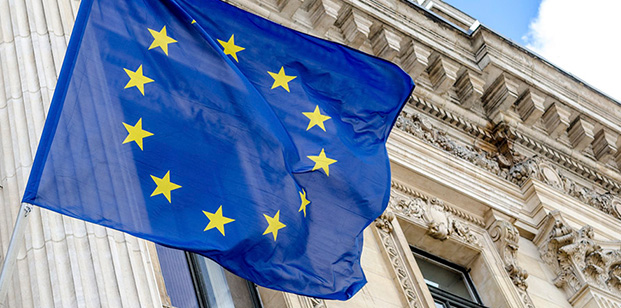August 2018
Amid mounting fears that the UK might have to exit the EU without a deal, the pound wobbled during August, dipping below US$1.27 against the US dollar for the first time in over a year. UK economic growth picked up from 0.2% in the first quarter of 2018 to 0.4% in the second quarter. Having declined for a straight 63 months, UK shop prices posted their first increase for five years during August.
- The Government issued advice in the event of a “no–deal” Brexit
- The Bank of England raised its key interest rate to 0.75%
- Retail sales picked up during July
To view the series of market updates through August, click here
Amid mounting fears that the UK might have to exit the EU without a deal, the pound wobbled during August, dipping below US$1.27 against the US dollar for the first time in over a year. Whilst issuing “practical and proportionate” information in case of a no-deal Brexit, Brexit Secretary Dominic Raab stressed that agreeing a deal remains the “overriding priority … and by far the most likely outcome”. Meanwhile, International Trade Secretary Liam Fox described the chance of failing to reach agreement at “60/40”. The FTSE 100 Index fell by 4.1% during August, while the FTSE 250 Index declined by 0.9%.
“The BoE raised base rate by 0.25 percentage points to 0.75% during August”
UK economic growth picked up from 0.2% in the first quarter of 2018 to 0.4% in the second quarter. Nevertheless, companies in the FTSE 350 Index appear generally more sanguine about the overseas economic outlook than the UK’s economic prospects, according to twice-yearly FT/ICSA Boardroom Bellwether survey. The survey found that only 24% of companies expect a decline in overseas growth prospects, whereas only 6% anticipate an improvement for the UK. Elsewhere, the Bank of England (BoE) sounded a cautionary note over the impact of the trade war escalating between China and the US.
The BoE raised base rate by 0.25 percentage points to 0.75% during August, taking its key interest rate to its highest level since March 2009. Further increases are widely expected, although these are expected to be both “gradual” and “limited”.
Having declined for a straight 63 months, UK shop prices posted their first increase for five years during August, according to the British Retail Consortium (BRC), rising by 0.1%. Prices were boosted by a surge in food inflation. The BRC believes that a no-deal Brexit could result in significant price increases. Retail sales picked up during July, rising at an annualised rate of 3.5% and boosted by robust sales of clothing. In its Quarterly Inflation Report, the BoE reported: “Although in the past year the number of retail closures have increased and retail footfall has fallen, contacts of the Bank’s agents suggest that mainly reflects shifts in consumer demand to online stores and from goods to services”. During August, Sports Direct bought House of Fraser for £90 million, greeting cards retailer Card Factory issued a profit warning, and Kingfisher – which owns B&Q – reported stronger sales for the second quarter.
A version of this and other market briefings are available to use in our newsletter builder feature. Click here









